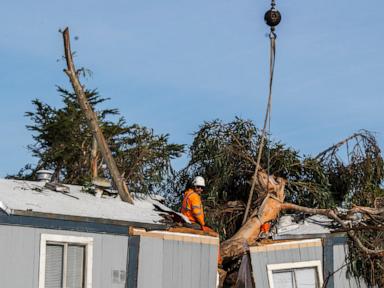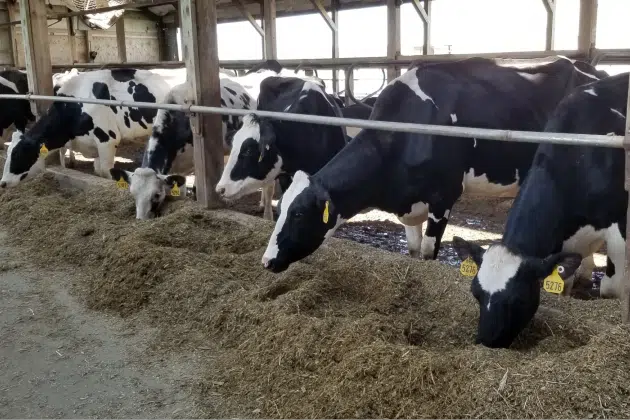(KNSI) — The Minnesota Board of Animal Health is implementing new testing requirements for lactating dairy cows, effective Tuesday, June 18th.
Due to the discovery of H5N1 in dairy cows, all lactating dairy cows must have a negative H5N1 test result and a Certificate of Veterinary Inspection (CVI) to participate in any exhibition in Minnesota.
“Although H5N1 influenza in dairy cases is still under study nationwide, initial findings indicate that milk and udders of infected cows are hotspots for the virus, making the exhibition of lactating dairy cows a higher risk,” stated Dr. Katie Cornille, Senior Veterinarian of Cattle Programs. “Requiring a negative test before exhibitions mitigates this risk.”
A veterinarian must oversee or collect samples from each animal traveling to the exhibition within seven days before the event. Samples must be sent to a National Animal Health Laboratory Network Laboratory, such as the University of Minnesota’s Veterinary Diagnostic Lab (VDL) in St. Paul. Once a negative result is received, the animal can move within Minnesota for 10 days from the sample collection date to locations specified on the CVI.
If samples test positive for influenza, the VDL will notify the Board, which will then contact the producer to quarantine the cows and initiate a disease investigation. During this process, samples are forwarded to the USDA’s National Veterinary Services Laboratories for official confirmation, necessary for the owner to apply for federal financial reimbursement. All results are confidential, with the Board only reporting the county where a case is detected. Lactating dairy cows on the premises will be under a 30-day quarantine, which can be lifted after a minimum of 30 days and a negative H5N1 milk test.
Livestock owners can find additional biosecurity recommendations for attending exhibitions on the USDA’s website. The Board also provides recommendations for exhibition managers to prevent H5N1 in livestock. The full testing requirements are available on the Board’s website.
H5N1 was recently discovered in a dairy herd in Benton County.
These requirements will remain in effect until December 31st, 2024.
___
Copyright 2024 Leighton Media. All rights reserved. This material may not be broadcast, published, redistributed, or rewritten, in any way without consent.








